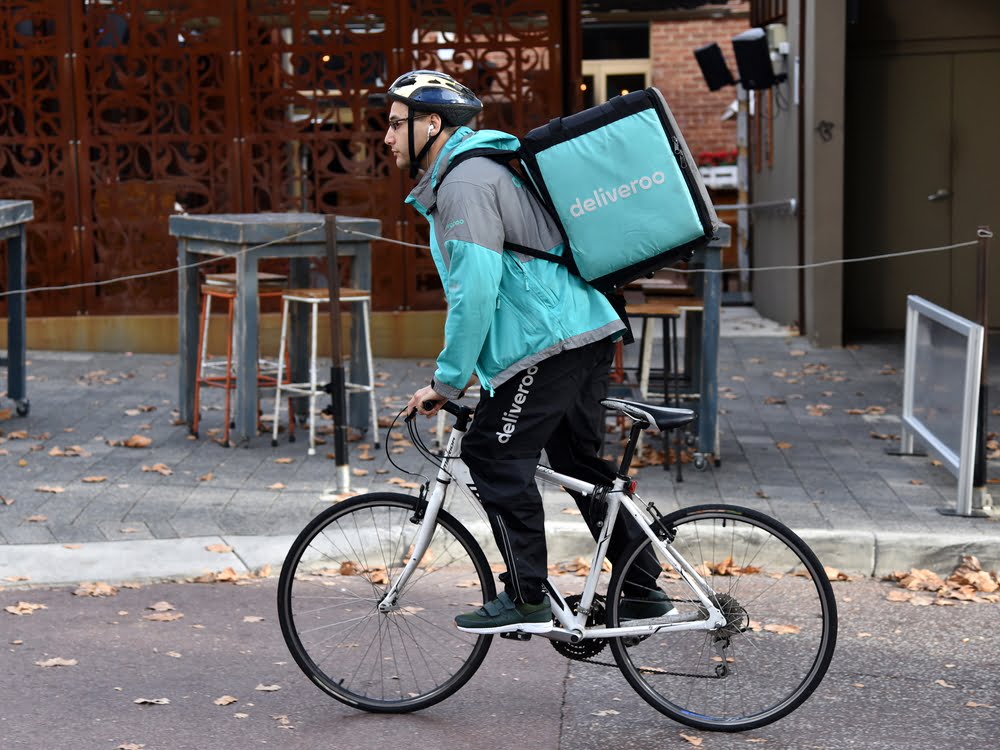The Fair Work Commission should be the main vehicle for reforming the gig economy and ensuring workers are adequately paid and protected, while the “unprecedented outsourcing” in the public sector needs to be addressed, according to a Labor-led Senate inquiry.
The Select Committee on Job Security, chaired by Labor Senator Tony Sheldon, tabled its fourth and final report on Friday last week, spanning a range of issues including the “Uberisation” of the workforce, outsourcing in the APS and short-term labour in the aged care sector.
Led by Labor, the Committee’s report provides an insight into how the Opposition may reform workplace laws and regulate the gig economy should it take government after the upcoming election.

The Committee had previously recommended that the definition of “employment” and “employee” be changed in the Fair Work Act to ensure that workers in the gig economy receive adequate compensation.
But in the latest report, the Committee said it has now backed a different way to do this that will have less unintended consequences.
The Committee is now pushing the government to significantly expand the remit of the Fair Work Commission to “empower” it to set minimum wages and minimum standards and conditions for contracted workers equal with employees, arbitrate contract termination disputes and make orders as to whether people should be classed as employees or contractors.
Low-cost pathways for dispute resolution should also be established and promoted to assist contract workers.
The Committee also urged gig economy giants to take the lead on this issue.
“Rather than incrementally offering benefits and insurances to their workers in an attempt to avoid formal regulation, companies like Uber and Deliveroo should see the writing on the wall and join Menulog in seeking to provide a minimum wage and entitlements to their workers,” the final report said.
There are difficulties in measuring the true extent of on-demand platform work for the likes of Uber, the Committee said, and the government should provide more funding to the ABS to undertake new work to reconcile existing data and better present labour hire data going forward.
“The Committee believes that with a modest amount of additional funding and support, the ABS could ensure that the statistics it publishes on labour hire provide a more realistic indication of the number of labour hire jobs and workers in Australia,” the report said.
The report also raised concerns with the “unprecedented outsourcing in recent decades” in the APS, with the reputation of the public sector as being secure and well-paid with good conditions now “increasingly under threat”.
The Committee recommended that the Fair Work Act be amended to insert “job security” and “gender equity” into its principal objective, and for labour hire to be regulated and disincentivised.
The government should also consider developing a tool for evaluating and rating policy proposals in terms of their potential impact on job security, and make assessments against this for new relevant policy proposals.
The Committee said there is an “urgent” need for regulatory intervention to address the “unchecked and largely unregulated Uberisation” of the disability care workforce.
The government needs to put an end to this “quasi-employment” and ensure that all workers engaged under the National Disability Insurance Scheme (NDIS) be covered by the relevant modern award.
“Creating a second, unregulated jobs market for disability support workers that undercuts the already precarious and underpaid award workforce can only lead to a further disintegration of working conditions in the sector,” the report said.
The report was soundly rejected by the participating Coalition Senators, who labelled it as “nothing more than a stunt” and a “political farce” in the dissenting report.
Do you know more? Contact James Riley via Email.

